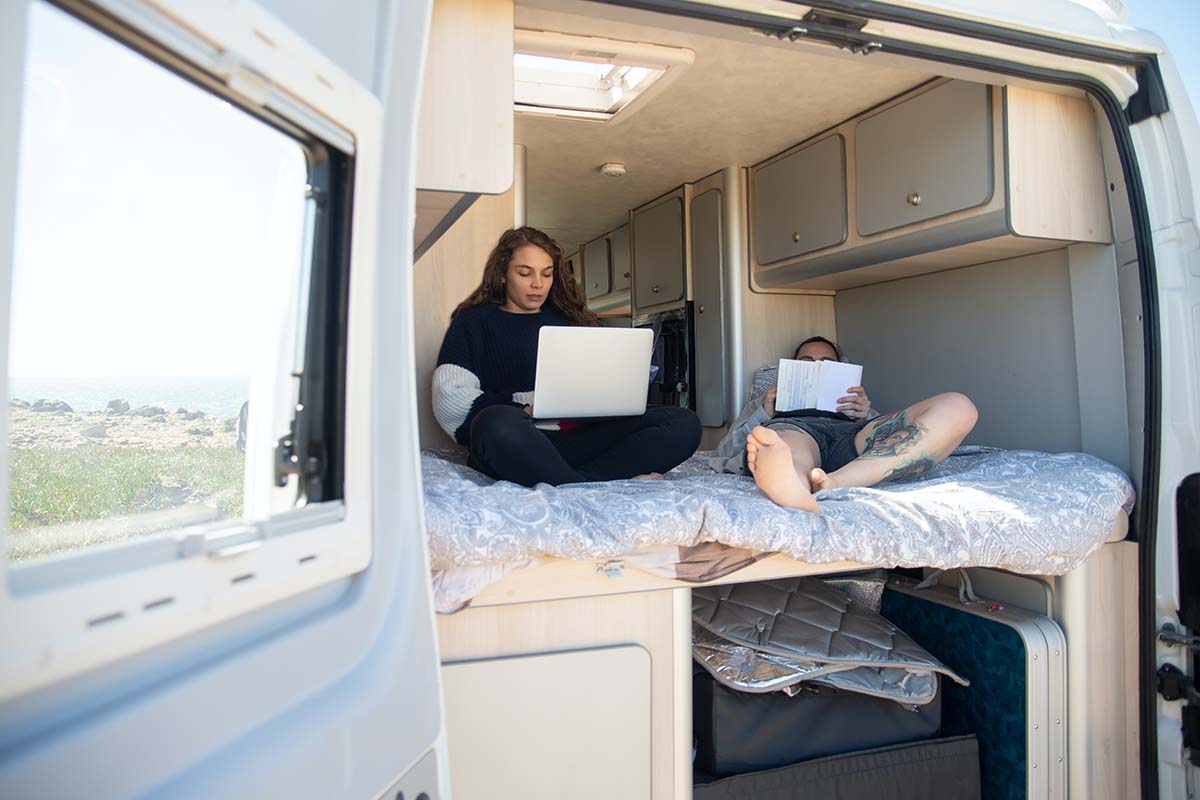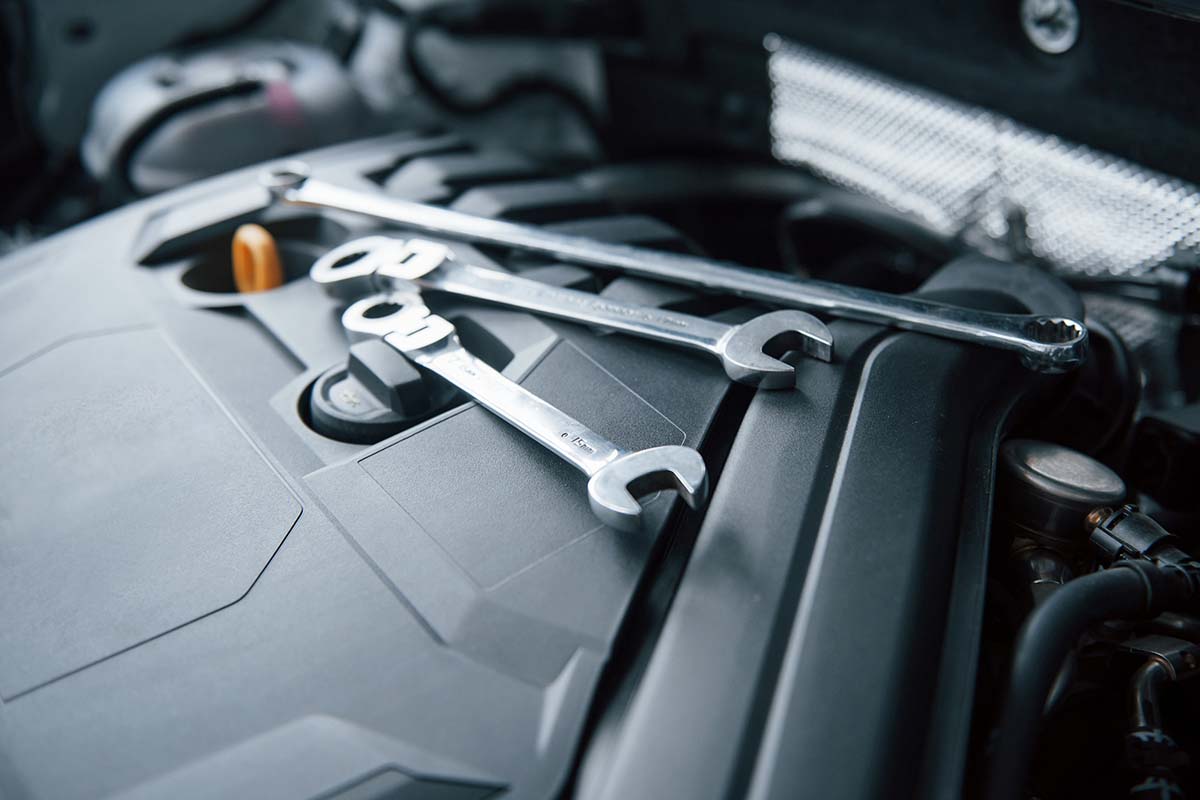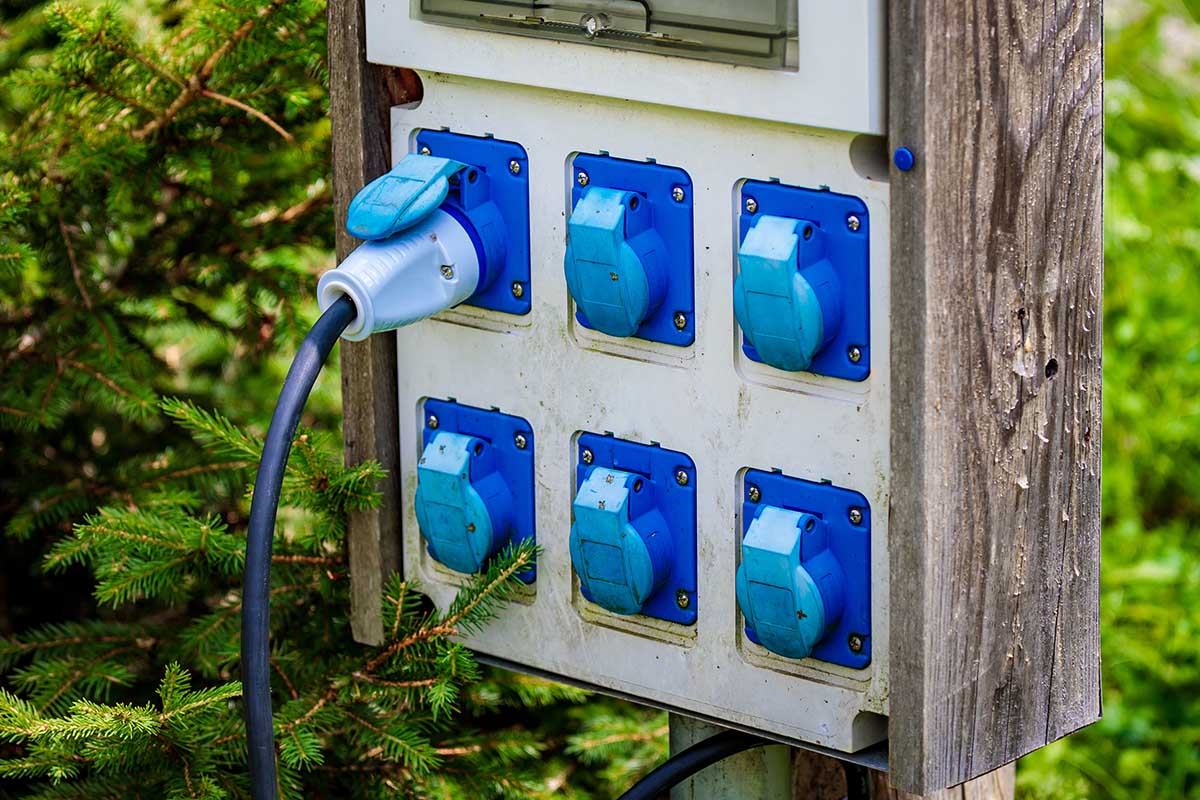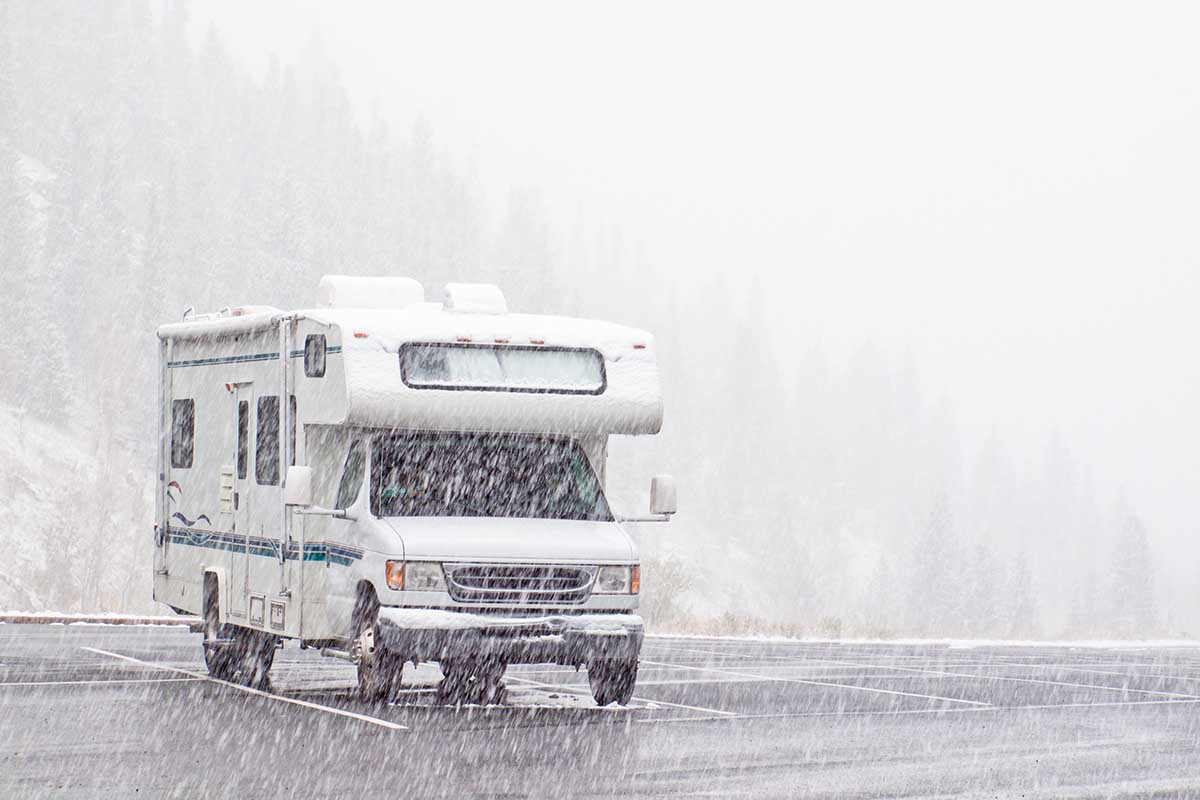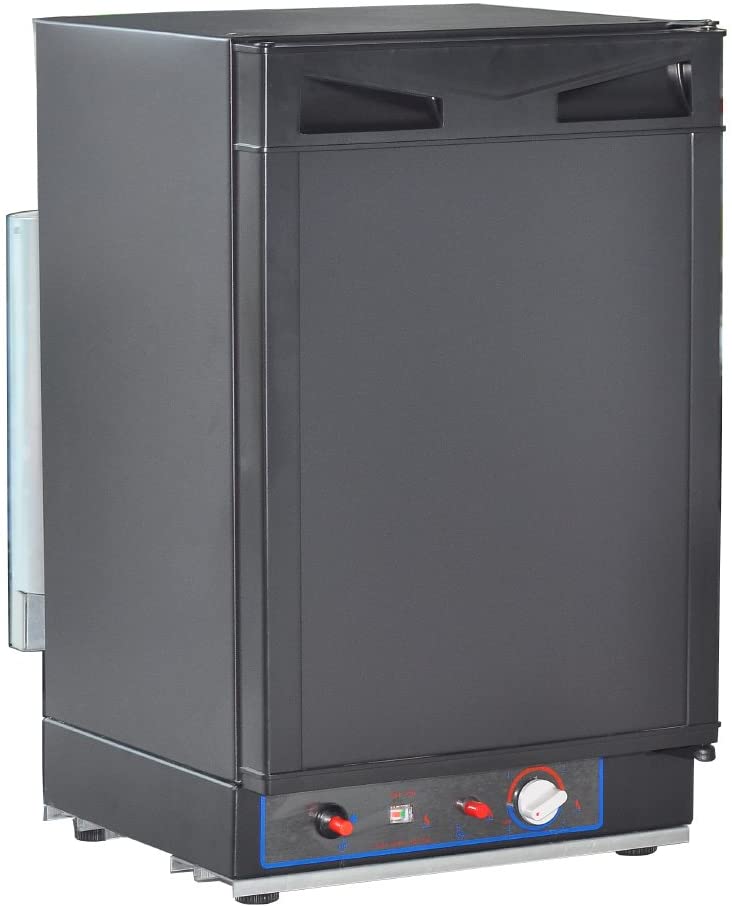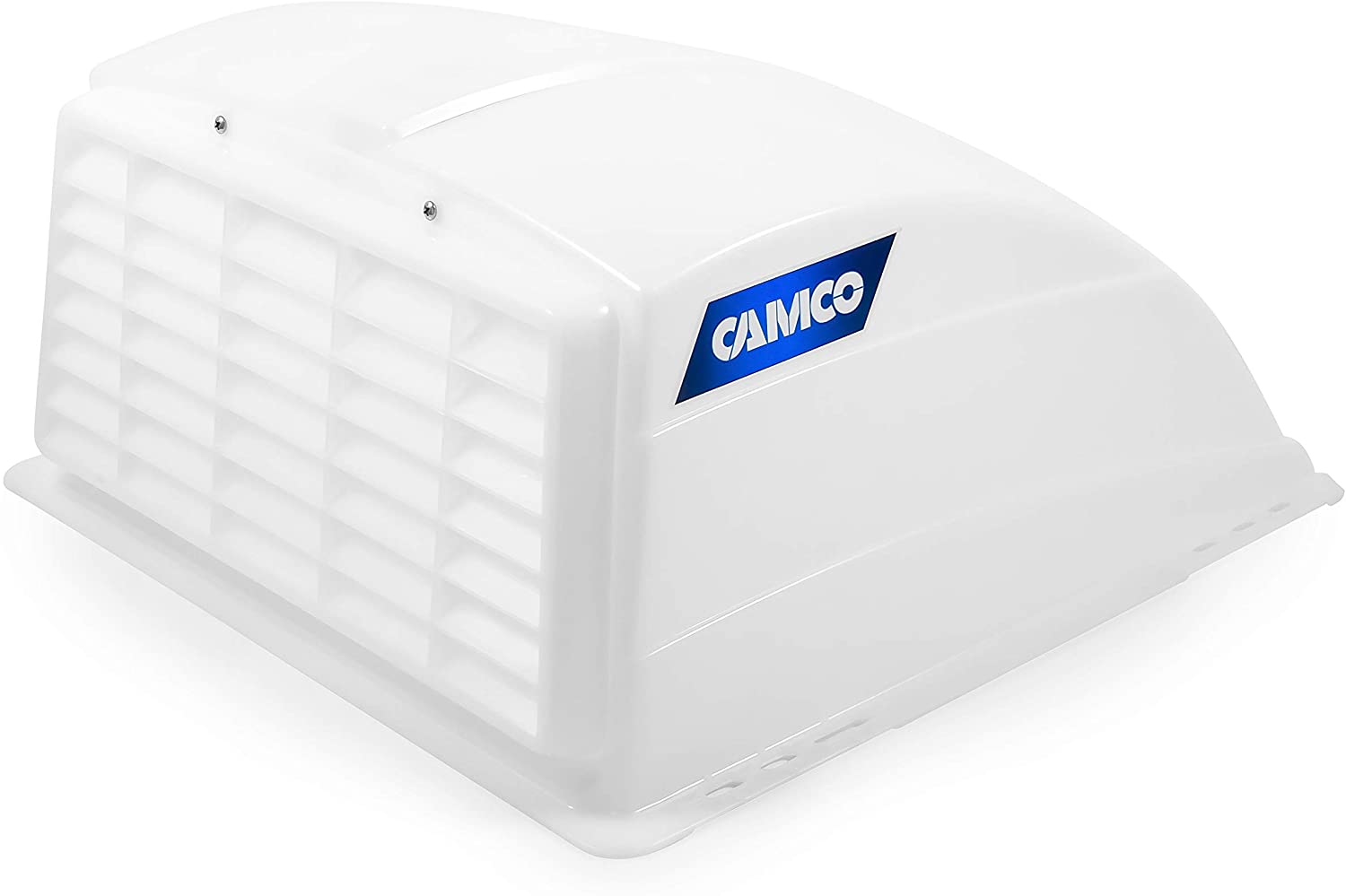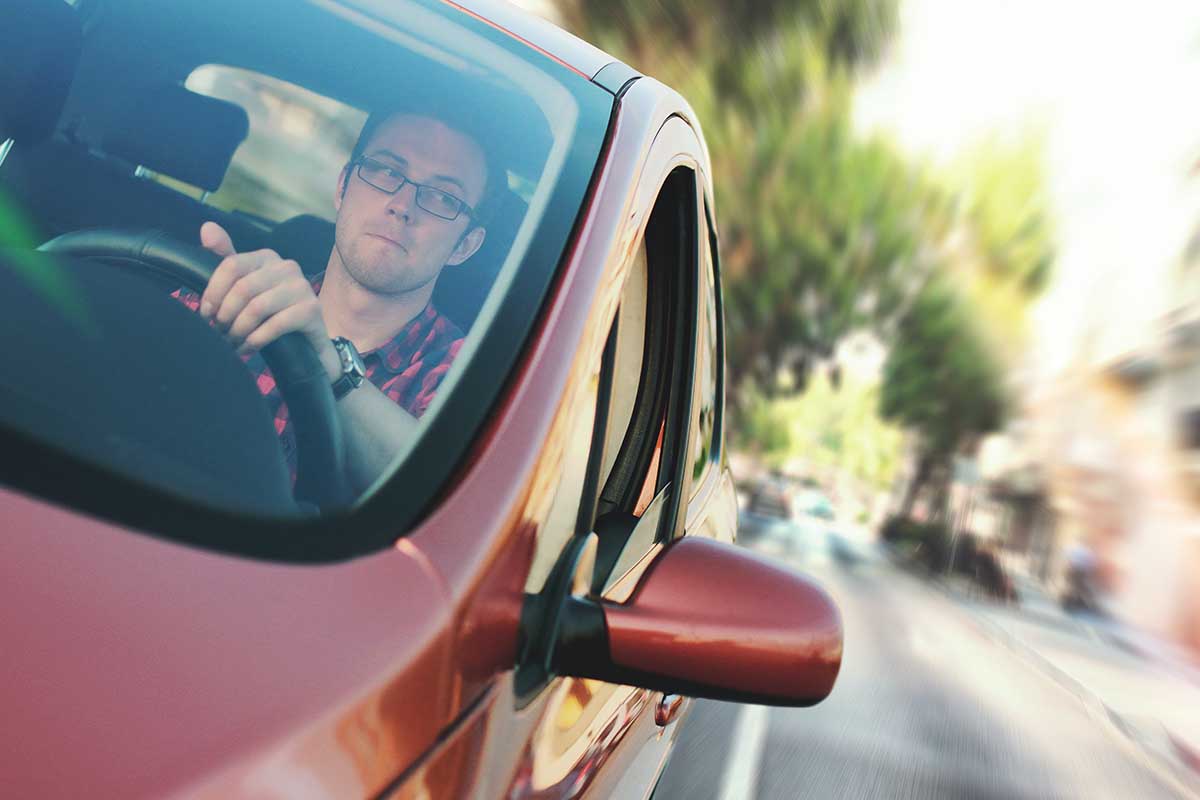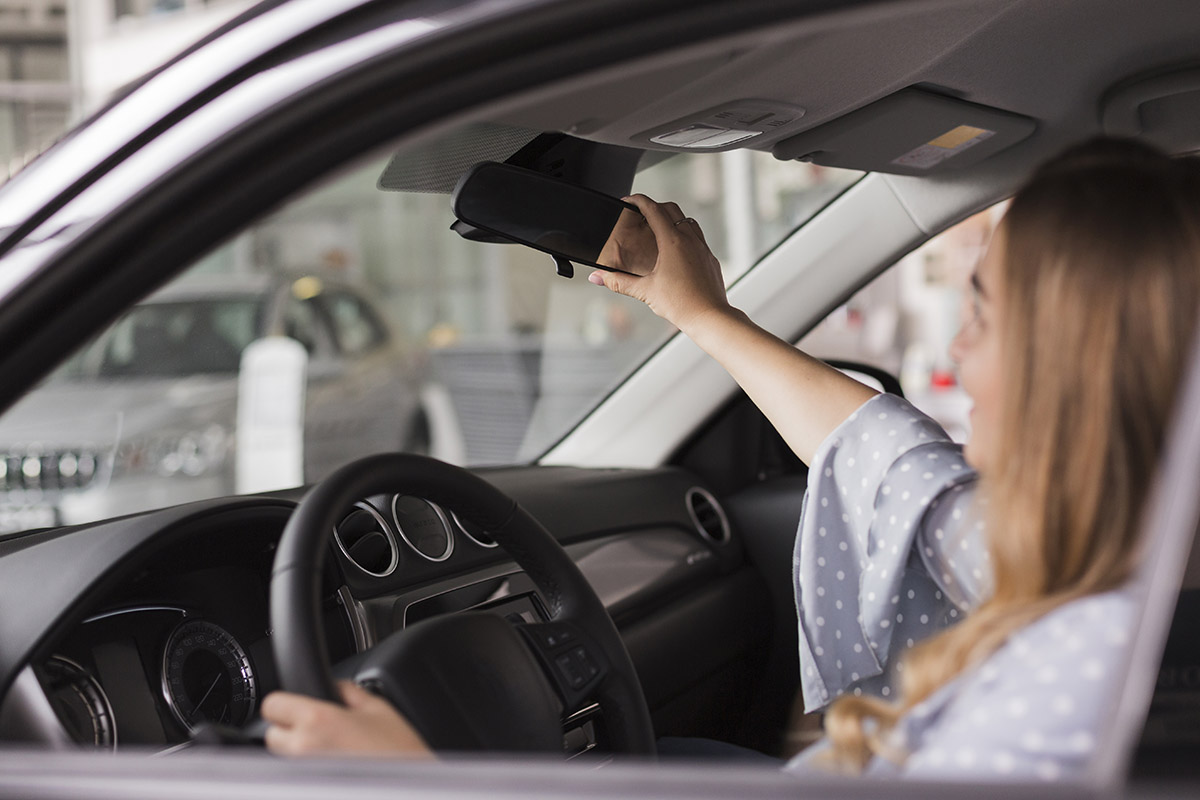RV Fire Safety Tips
Every year there are more than 20,000 instances of fire in RVs. Some of them leave behind only the memories of the individuals. And others have a lifelong impact on the people. In all circumstances, experiencing an RV fire is not a pleasant memory.
To make sure that you won’t have to deal with such memories, it is essential to follow some precautionary and preventive tips. These tips and methods have been curated after researching and asking the everyday RVers about their experiences.
Always hope for the best, but also be prepared for the worst. So, in order to effectively tackle RV fires, you first need to know about everything that is related to such an event. Given below are some tips and tricks that are divided into three parts. These are causes, precautions, or preventive and what to do after the fire. Understand these points and follow them to ensure all-around protection of your family and property.
I hope you never have to go through an RV fire, but knowing is half the battle, so let’s begin with a few causes that may lead to a fire in your RV.
Causes: hose leak
There are a bunch of hoses spread like a web in the vehicles. Especially in RVs, you have the antifreeze hose, the radiator hose, gas hose, and whatnot. A leak in any of these hoses may cause a fire that could cause severe damage to people and property. For instance, there is an antifreeze solution in the RV and this solution contains ethylene glycol which can catch fire if heated up to temperatures of 782°F.
Fuel Lines
The major fuel line that is running from the gas tank to the engines is also susceptible to leakages. Even a small hole in the fuel tank or the pipe can cause a fire if the gas or fuel is brought near to a source of ignition. Hence, always check for such leaks and smell erupting from the undercarriage of the RV.
Radiator Health
When the RV engine is working without any break, it exerts pressure on the radiator. An overheated radiator can easily catch fire which further aggravates the problem because the radiator is located near to a number of RV trailer parts that can catch and amplify the fire.
Excessive Grease and Grime
Accumulation of greases, concentrated oils, dust, and grime may only look like a cleaning issue. But, if they are near to excessive heat, fire is imminent. The reason being that the chemical mixup of oils and greases does contain some elements of combustion.
Cooking Accidents
Cooking inside an RV should always be done by one person. This is to ensure synchronization of the tasks and avoid any mess. While cooking inside the RV even a piece of cloth can catch fire if you are not paying attention. There can be a gas leak which may further spread and cause havoc. Sometimes due to the force of the wind, the flames spread out which again poses a big risk.
Lanterns and tiki torches accidents
The lanterns or tiki torches may look good hanging around the RV at the night. But these are also lit up with fire and your negligence can cost a big spend both mentally and financially. So, make sure that these sources of fire are always away from the RV.
Overloading the electrical outlets
Electricity and wiring issue is one of the major cause of RV fires in the USA. especially during boondocking, you need to make sure that you are not overusing the single electrical outlet. Electrical wiring is spread all throughout the RV. If a short circuit erupts in one corner, it will spread to all the other wiring bundles.
Campfires
It is surely fun to be around a campfire. But a perked RV near to the campfire can become a cause of worry. Things like grease, oil, and grime are susceptible to catching fire. And setting up a campfire near to them is not a good practice.
Smoking Accidents
Smoking inside the RV is akin to a disaster waiting to happen. There are a lot of combustible materials lying inside your motorhome. A single spark by your cigarette can lead to a fire in no time.
Unprepared
Lastly, if you are not well prepared beforehand, anything can lead to a fire. It can be a short circuit or the heat generated due to excessive braking. Hence, it is essential to be prepared at all time. Because an accident will not knock at your door before coming, it is your prerogative to be at the helm of preparation before an RV trip.
If you do not know which are the precautions that you should take in this scenario, have a look at the tips given below.
Precautions to be taken before the fire
Inspections
I had made it a habit to get a full 360° inspection of the RV before taking it out for a trip. This does two things; one it gives me peace of mind and second, it allows me to rectify any threatening issue with my ride on wheels.
So, always get it inspected by a certified professional who has vast knowledge about the mechanism of the vehicle. A few systems like propane, antifreeze and other such combustible compounds need to be checked by a pro. You also need to check the RV trailer axles. Do not rely on your gut instincts.
Smoke Detectors
Check the condition, working, and operational capacity of the smoke detectors installed in your RV. If you do not have any get them installed right away before you land in a troublesome spot.
Emergency Exits
There are emergency exits in all types of RVs. The onus to check whether or not these exits open easily is on you. Some RVs have breakable glass, there you do not have to check the glass by breaking it (pun intended), but make sure that the hammer is in the right place and that you can access it easily in case of fire. For more safety, always keep a spare hammer inside the RV.
Charcoal
If you have old charcoal lying in the storage, it can also cause a problem. You may have heard that this is just a rumor. But as it is said, better safe than sorry. So, remove the old wet and moist charcoal from the RV (if you have any) and replace it with a fresh lot.
Electrical Cords
Often it has been observed that people do not change the wiring of their RV for years altogether. This may cause trouble because an old wire is more vulnerable to catching fire and getting heated up excessively. Their inherent capacity to resist high temperatures reduces.
So, a smart step is to change the wires after a couple of years. Plus never overburden these cords with more than they can handle. If you need to use more than usual electricity on your trip, make sure to add a solar generator to your inventory.
Brakes
Brake dragging can ignite a fire in the tire or even in the brake fluid. The key is to make sure that the tires are not getting soft due to excessive heat. Before you go on a trip get your tires checked. Whenever you make a stop, just take an overview of the tires, and knock them to check whether they are going soft. This will help you understand their current condition.
Refrigerator
Source: https://amzn.to/3ugnXIF
A refrigerator may be cool from the inside, but its outer surface is hot. And a fault in the refrigerator is the second most prominent reason for an RV fire. So, what you need to do first is get a high-temperature cutoff device installed in the RV fridge. Other than this, ensure that the refrigerator has enough ventilation in the first place. You can also get additional cooling fans installed if you know that you are going to places that are seasonally hot and humid.
Antifreeze Smell
Antifreeze has its own kind of issues. Learn to recognize the antifreeze’s smell. It is a kind of sweet smell and may come out of the RV due to leakage. So, if you smell something sweetish coming out of the engine, stop it right there and check for leaks. Do not rely on the engine temperature, check it for yourself. An antifreeze leak will be evident with a liquid on the ground having one out of three different colors (pink, yellow or green).
Kitchen leaks
At the first sign of a gas leak in the kitchen, inspect the pipes below. Turn off all the electrical appliances, and quit smoking (you should not be doing it inside the RV in the first place). Along with this, open all the windows and doors. Kitchen leaks are easier to smell, but they are difficult to control and that is why you should take quick action. And getting it inspected before going on a trip has to be your priority.
Carbon Monoxide Alarms
Carbon Monoxide is the most combustible gas in your RV. Plus, it has no smell/odor, or color. You only need to rely on your carbon monoxide detectors and alarms. Hence, get them checked on a regular basis. Because if the detectors stop working, you are running in grave danger.
Ventilation
Source: https://amzn.to/3jfITsY
A properly ventilated RV is less vulnerable to incidents like fire because there is no accumulation of combustible gases inside. Hence, always keep one or two windows open in the RV when you are driving.
RV Fire Safety Tips: Exhaust Fans
Install an extra exhaust near your kitchen area in the RV. It will help you with ventilation and also help you keep the interior of the RV smell and odor-free.
Appliance Maintenance
Not only the refrigerator or the air conditioner can cause a fire. Any electrical appliance which is used excessively or which has weak wiring can cause a fire. And the best way to prevent this is to get them checked by experts and professionals.
Auto Fire Suppression System
Installing an automatic fire suppression inside the RV will be money well spent on your trip. This will keep you secure even if there is a fire and doze it off in no time. These systems are generally installed near to or inside the refrigerator system and they generally start when the temperature goes beyond the limit where it can be controlled.
These are mere steps that you can take to suppress the fire. But, fire is something that you can tame and predict. So, for situations when things get out of hand, here are a few steps that you can take to reduce the damage.
During the fire: always have an escape route ready
Whoever is going on the trip with you, make sure that they know the escape route. Memorize it yourself and let others learn where is the fire exit. Because in these instances you can only run to safety rather than fighting the fire.
RV Fire Safety Tips: Know your location
Source: https://bit.ly/3Km9zV8
This is important because when you will call for help, the authorities need to know your location. Calling for help from a campground is easy, but if you are traveling through a remote location, always keep a check on the map and know where you are.
People first, property second
This is the first and foremost rule of fire safety. Don’t go for materialistic things, save your family and friends first. And if you see someone struggling to escape the fire, help them in any way you can.
Fire Extinguishers
It is a preventive step to keep enough fire extinguishers in the RV. But you need to use them in the case of an emergency. And if you see that the situation is getting out of hand, just drop it and move out. There is no point in tackling something which is way out of your control.
RV Fire Safety Tips: Fire Drills
During a fire, you need to remember all that you have learned and bring it into practice. Make sure that you practice these fire drills with the kids before going on a trip.
The 1st 60 seconds are crucial
In case of a fire, it is essential to take note of the situation for the first 60 seconds. Because if you are not able to at least control the fire from spreading to other areas then it may get out of hands. Therefore, you can try to fight it for one minute or so, after that just go out and save your life. There is no need to risk it over a vehicle and a few things.
Use the water hookup
Every RV has a water outlet, and it has a removable socket too. So what you can do is hook up a pipe to the water outlet and try to fight the fire from the outside. But do not go too close to the RV because the fire can also reach the propane tanks, or other gas storage and lead to a blast.
RV Fire Safety Tips: Conclusion
I know it is not easy to deal with such a situation. You need to risk your own life and then protect your loved ones. It is essential that you take all the steps to prevent a fire. And if it is inevitable, act smart and save your life and not the property.
